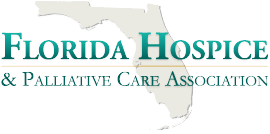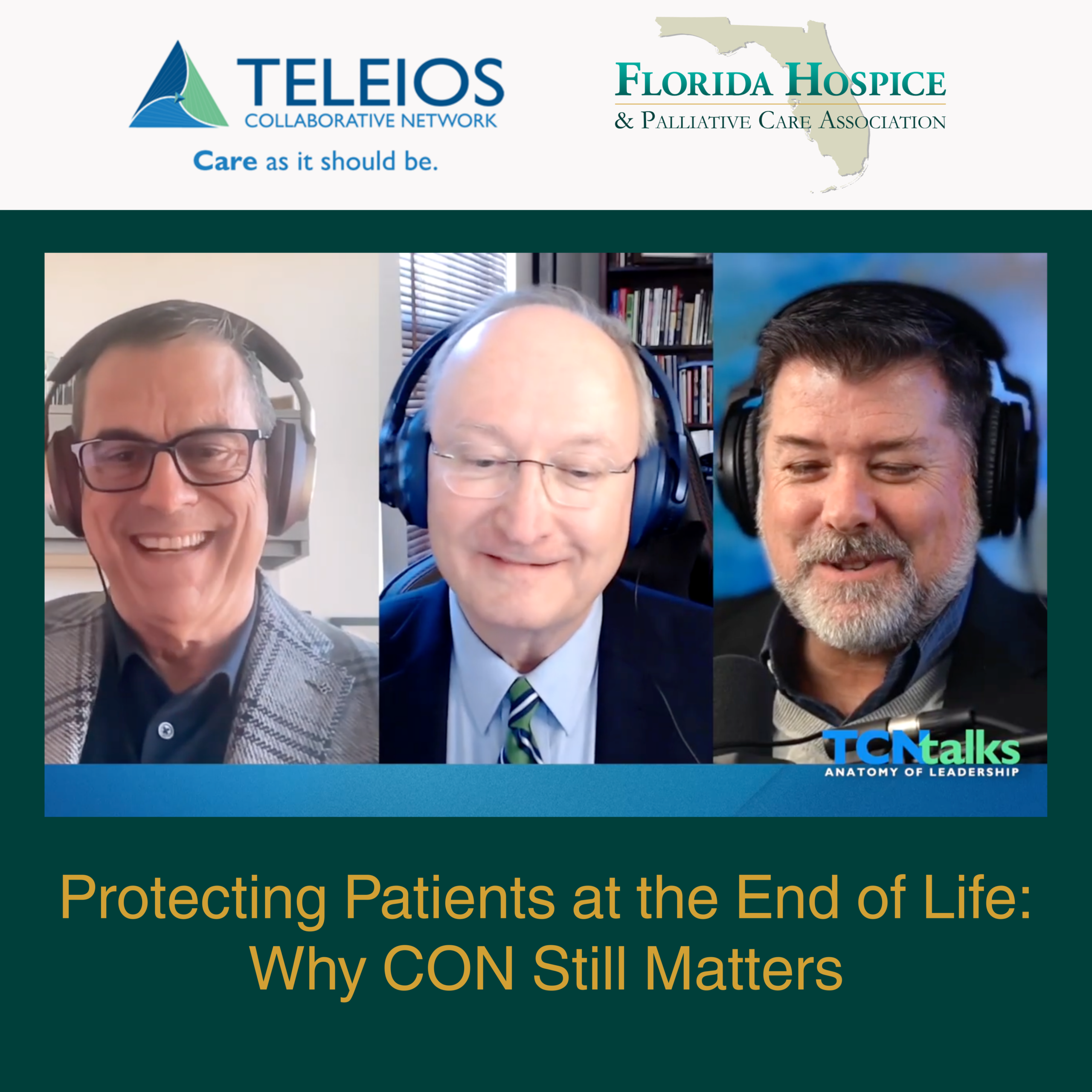CMS Announces Change in Part D
Medicare has announced significant changes in the hospice drug coverage rules, prompting cheers from many patient advocates within and beyond the hospice community. Many feared that the original changes would have had disastrous effects on quality of care by limiting the ability of terminally ill patients to gain access to medication that is crucial to both comfort and functionality at the end of life.
The newly announced modification to the Medicare Part D rules change applies to coverage for drugs unrelated to terminal illness; for example, a hospice patient with terminal cancer who also takes medication for his arthritis. “The new policy should eliminate 95% of the cases in which hospice patients need prior approval from an insurance company to get coverage for their drugs, according to participants in a Medicare briefing.”
The original new policy, which came into effect in May of this year, required patients to receive prior approval from their Medicare Part D insurer before they could fill a prescription for medications not specifically related to their terminal illness. “This became a tedious process, and many prescriptions went unfilled, because it took a long time to get prior approval and the families might not be able to afford the drugs without insurance coverage.”
The new changes to Medicare Part D only require prior approval for four specific classes of drugs: Analgesics, antinauseants, laxatives, and anti-anxiety drugs. In a policy statement issued by CMS, the federal agency noted that these drugs are “nearly always covered under the hospice benefit.” Because CMS estimates that there will be very few Part D claims for drugs in these categories, “barriers to beneficiary access should be minimized.”
The National Hospice and Palliative Care Organization welcomed the CMS announcement of changes saying that it as a measure that will “reduce confusion for hospice providers and… allow patients to get their medications when they need them.” J. Donald Schumacher, NHPCO president and CEO noted, “With this change, patients and their families will no longer be caught in the middle of troublesome policy and stakeholders can implement an interim solution that can more easily be understood by all providers.”
Related Articles:


